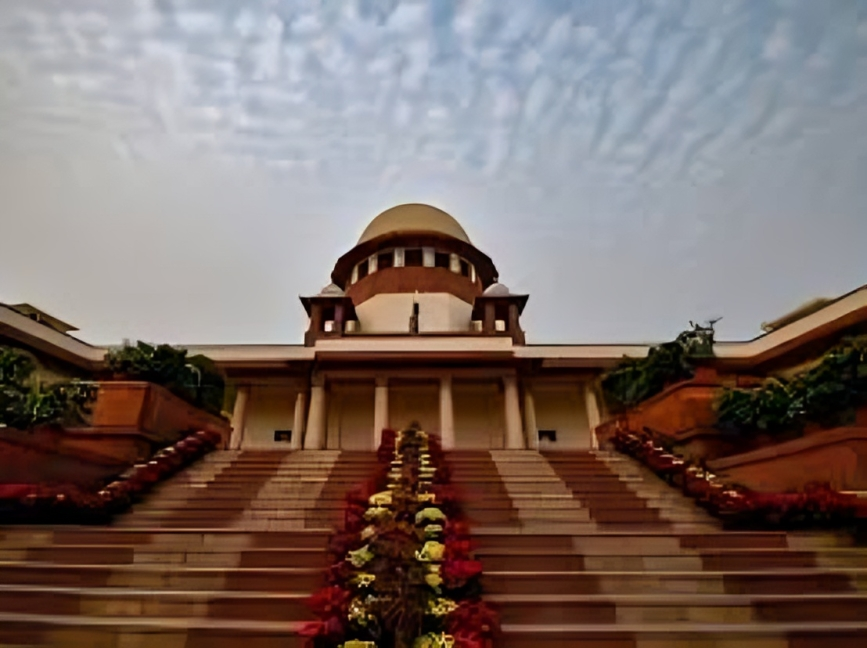Landmark Judgment Reinforces Media Freedom in India.
News THE TIMES OF INDIA, THE HINDU, the siasat daily
The Supreme Court of India has recently emphasized the importance of protecting journalistic freedom and cautioned against courts hastily issuing restraining orders against media houses. In a ruling from March 2024, the Court highlighted that such injunctions should be granted only in exceptional cases, as they can have severe ramifications on the right to freedom of speech and the public’s right to know. The Court underscored the need for a thorough examination of the merits before passing any ex-parte restraint orders against media entities.
This decision aligns with the Court’s concern over ‘SLAPP suits’ (Strategic Litigation Against Public Participation), where powerful entities initiate litigation to suppress public discourse and prevent the dissemination of information on matters of public interest. The Court noted that granting interim injunctions without proper scrutiny could stifle public debate and infringe upon constitutional mandates protecting journalistic expression.
Furthermore, the Supreme Court set aside a trial court’s order directing Bloomberg to remove an allegedly defamatory article about Zee Entertainment. The Court observed that the lower court’s decision lacked a detailed analysis and failed to apply the three-fold test required for granting such injunctions: establishing a prima facie case, assessing the balance of convenience, and determining potential irreparable harm.
These rulings collectively reinforce the judiciary’s stance that personal preferences or dislikes of judges should not dictate directives to media organizations regarding content removal. The Supreme Court’s emphasis remains on safeguarding freedom of speech and ensuring that any curtailment of media reporting is justified by substantial and exceptional circumstances.
Sources